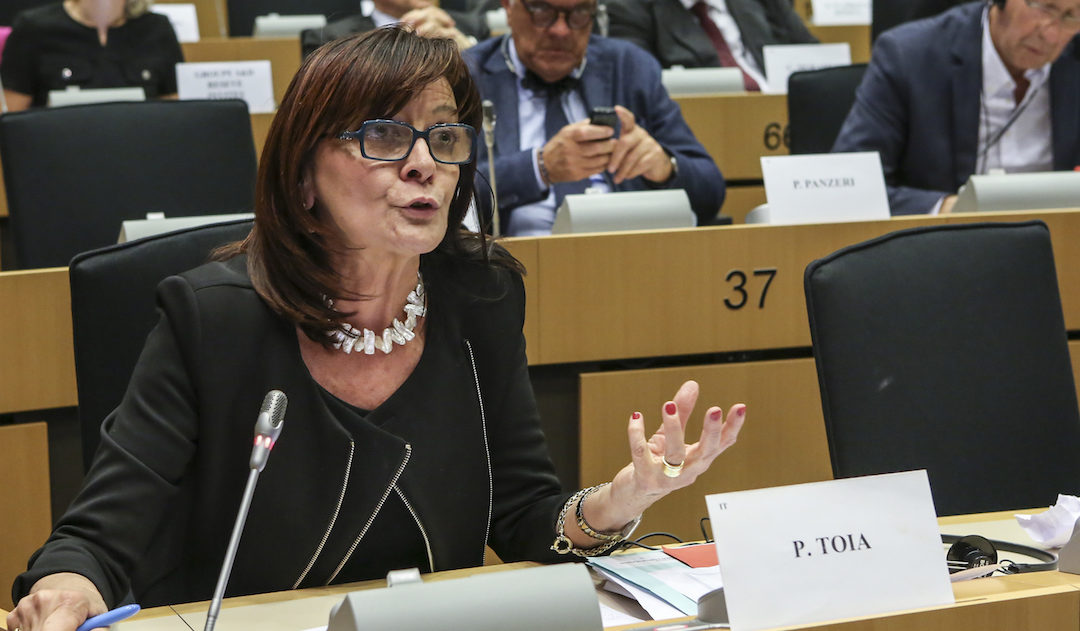Echoing a series of critics by NGOs and academics, a group of 24 Italian MEPs are questioning the European Central Bank’s purchase of bonds from the gambling multinational Novomatic under its quantitative easing programme.
According to the MEPs, the ECB’s decision to purchase 125 million euros of bonds from Novomatic is in contradiction to several initiatives by the EU to curb the harmful effects of the gambling industry.
“Does not the ECB consider the selection criteria whereby this financing was authorised to be at odds with EU policies and values?” the MEPs’ letter reads.
Since June 2016, the ECB has purchased for more than 120 billion euros of corporate bonds. Corporations who benefit from this programme include big industry giants such as Volkswagen, Total, Nestlé, Eni, and many others. The ECB’s programme is a poor attempt to reduce further interest rates and facilitate borrowing conditions for companies in the euro area.
Over the past months, the programme has been subject to a growing series of attacks by NGOs, academics and MEPs for the ECB’s programme does provide preferential treatment to a number of anti-social and environmentally harmful companies while not providing any significant support for the real economy.
As early of July 2016, the QE for People campaign warned against the dodgy implications of this programme and its likely ineffectiveness in stimulating growth. Our warnings were echoed in February 2017 by a group of 75 NGOs who co-signed an open letter to the ECB criticizing the environmental impact of the ECB’s bond buying programme. A criticism which was later backed by a group of researchers from the LSE’s Grantham Institute.
In June 2017, 40 Members of the European Parliament also voiced their concerns regarding the ECB’s lack of transparency over this programme. The move successfully forced the ECB to announce some improvements in its transparency policy.
“The new initiative by 24 Italian socialist MEPs is yet another strong political signal that the ECB’s approach is inappropriate. Many of the corporations benefiting from the QE programme are either involved in fossil fuel, contentious activities, tax avoidance or share buybacks. The case of Novomatic is just one illustrative example of the policy contradictions raised by the ECB’s programme” campaign coordinator Stanislas Jourdan said.
Tomorrow Thursday 26th October, the ECB is set to announce important changes to its quantitative easing programme, likely by announcing a reduction of its size.
The QE for People advocates for a redesign of QE programme, in order to best align the ECB’s monetary policy with the EU’s commitment to fight climate change. At the very least, the ECB should set up social and environmental criteria in its purchasing guidelines.
Edited on 13th November: On, November 9th, Mario Draghi, ECB President, responded to the MEPs in this letter. In the letter, the ECB reiterates that it must follow the principles of open-market and free competition. However, gambling company Novomatic is a harmful business that has nothing to do with EU values. Just as we have consumer protection from markets – including the gambling industry – the ECB should not follow pure market logic blindly.
This article was originally published on the QE for People campaign website. As we are gradually phasing out the QE for People campaign, we are archiving this publication here. For more information, read the history of Positive Money Europe.
Picture cc European Parliament

